
- Services
- Cancer Treatment
- Other Resources
- HPV and Cancer
HPV and Cancer: What You Need to Know
HPV is a virus that is spread by intimate skin-to-skin contact. While most cases are sexually transmitted, people who haven’t had intercourse can become infected. There are more than 150 types of the HPV virus. Several types cause genital warts. There are about 12 types – known as high-risk types -- that cause HPV-related cancer.
About 80 percent of people – both men and women – will get an HPV infection at some point in their lives. Most people with HPV don’t know they’re infected and never develop symptoms. The body most often clears the virus before it causes any health problems. But for some, the infection persists and can lead to precancerous changes. The HPV vaccine is the best protection against HPV and related cancers. All boys and girls between the ages of 11 and 12 should complete the HPV vaccine series. For more information, visit https://www.mdanderson.org/prevention-screening/manage-your-risk/hpv.html.
Here are some more facts about HPV and Cancer, as well as links to additional information about the HPV vaccine.
- The only FDA approved HPV vaccination in the US, Gardasil 9, helps prevent infection by 4 types of HPV (16, 18, 6 and 11), plus 5 other high risk types: 31, 33, 45, 52 and 58. Together these types cause about 90% of cervical cancers. Two types of HPV, HPV-16 and HPV-18, cause about 70 percent of all cervical cancers and pre-cancers, as well as many cancers of the anus, penis, vulva, vagina, and throat. (www.cancer.org)
-
The American Cancer Society’s recommendations for HPV vaccine use:
- Routine HPV vaccination for girls and boys should be started at age 11 or 12. The vaccination series can be started as early as age 9.
- HPV vaccination is also recommended for females 13 to 26 years old and for males 13 to 21 years old who have not started the vaccines, or who have started but not completed the series. Males 22 to 26 years old may also be vaccinated.*
- HPV vaccination is also recommended through age 26 for men who have sex with men and for people with weakened immune systems (including people with HIV infection), if they have not previously been vaccinated.
*For people 22 to 26 years old who have not started the vaccines, or who have started but not completed the series, it’s important to know that vaccination at older ages is less effective in lowering cancer risk. (www.cancer.org).
- The two most important things you can do to prevent cervical cancer are to get the HPV vaccine if you are eligible, and to be tested according to American Cancer Society guidelines (www.cancer.org).
- More than 94,000 women are diagnosed with gynecologic cancer annually, according to the Centers for Disease Control and Prevention. The five main types of gynecologic cancer are cervical, ovarian, uterine, vaginal and vulvar. But only one type ― cervical cancer ― can be prevented through screening and vaccination, says Dr. Christopher Destephano, a Mayo Clinic gynecologic surgeon. https://youtu.be/iyZuNjsoZFU
- Throat cancer is the most common HPV-related cancer in men. Throat cancer is also referred to as oropharyngeal cancer. It forms in the tonsils and around the base of the tongue. Women can also get this type of cancer from HPV infection. About 75% of throat cancers are the result of HPV infections. There is no screening exam for throat cancer. (www.mdanderson.org).
- HPV can infect the mouth and throat and cause cancers of the oropharynx (back of the throat, including the base of the tongue and tonsils). This is called oropharyngeal cancer. It usually takes years after being infected with HPV for cancer to develop. HPV is thought to cause 70% of oropharyngeal cancers in the United States. (www.cdc.gov)
- The HPV vaccine was developed to prevent cervical and other cancers of the reproductive system. The vaccine protects against the types of HPV that can cause oropharyngeal cancers, so it may also prevent oropharyngeal cancers. But studies have not been done to show this. (www.cdc.gov).
-
Why vaccinate to prevent HPV? There is no drug or treatment that can eliminate
the HPV virus from the body. (www.mdanderson.org).
- Preventing HPV Infection: HPV vaccination protects against infections with HPV, which can cause several types of cancer.
-
HPV infections and cervical precancers (abnormal cells on the cervix that can lead to cancer) have dropped significantly since the vaccine has been in use.
-
HPV types that cause most HPV cancers and genital warts have dropped 86 percent among teen girls. Among vaccinated women, the percentage of cervical precancers caused by the HPV types most often linked to cervical cancer dropped by 40 percent. (www.cdc.gov).
- The HPV vaccine Gardasil 9® protects against infection with nine HPV types: the two low-risk HPV types that cause most genital warts, plus the seven high-risk HPV types that cause most HPV-related cancers. (National Cancer Institute).
- Protect your child (11 to 26 years old) or you (up to age 26 years) against human papillomavirus or HPV, a viral infection, by getting vaccinated. Vaccines against HPV can significantly decrease the risk of cervical cancer, as well as certain head and neck cancers and penile and anal cancers. To schedule an appointment for HPV vaccination for your child or yourself, contact your child’s pediatrician or your primary care provider for vaccination.
For more details about HPV vaccination, click here.
-
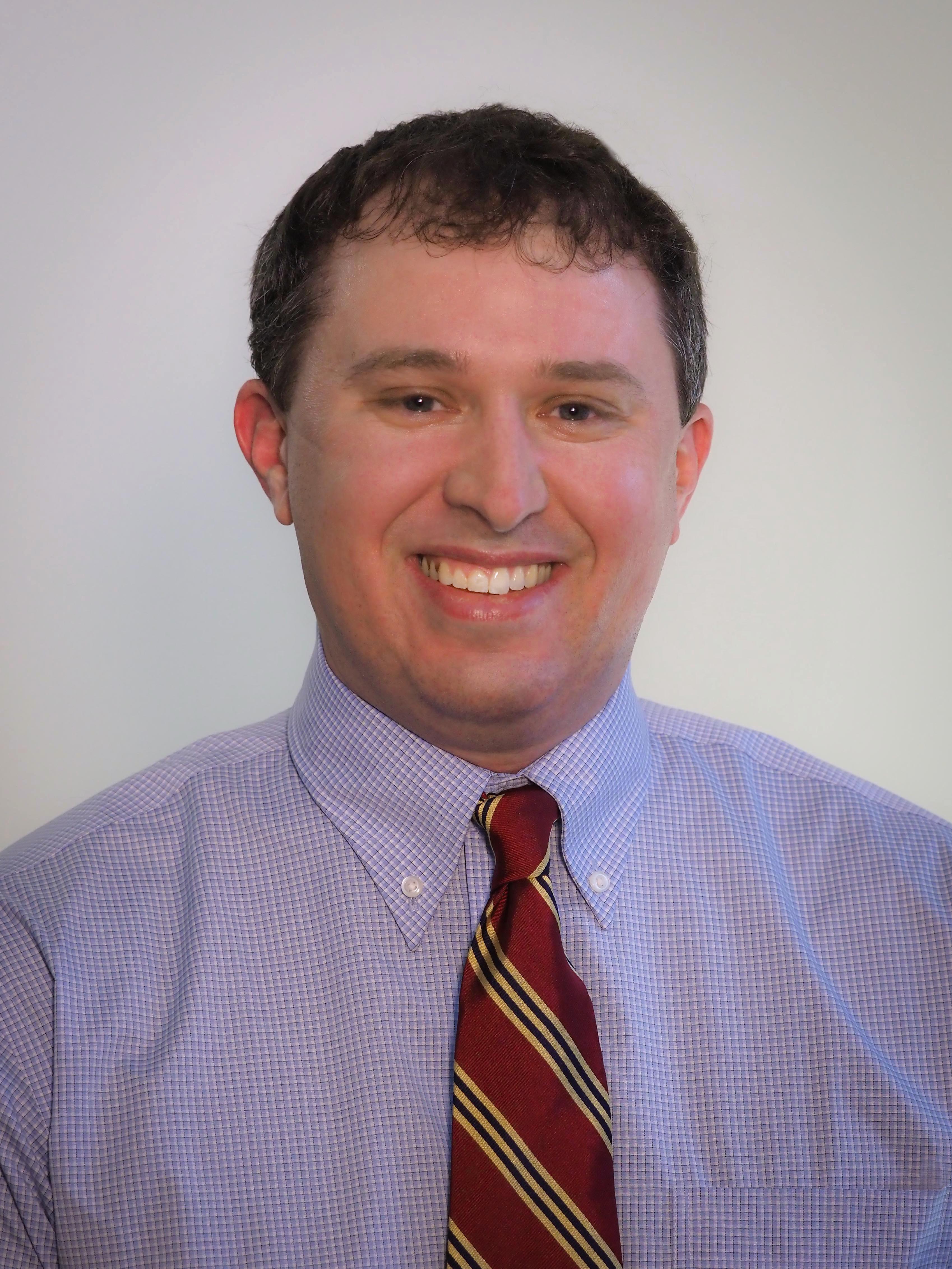 James W Evans MD
James W Evans MD- Hematology/Oncology
View Profile -
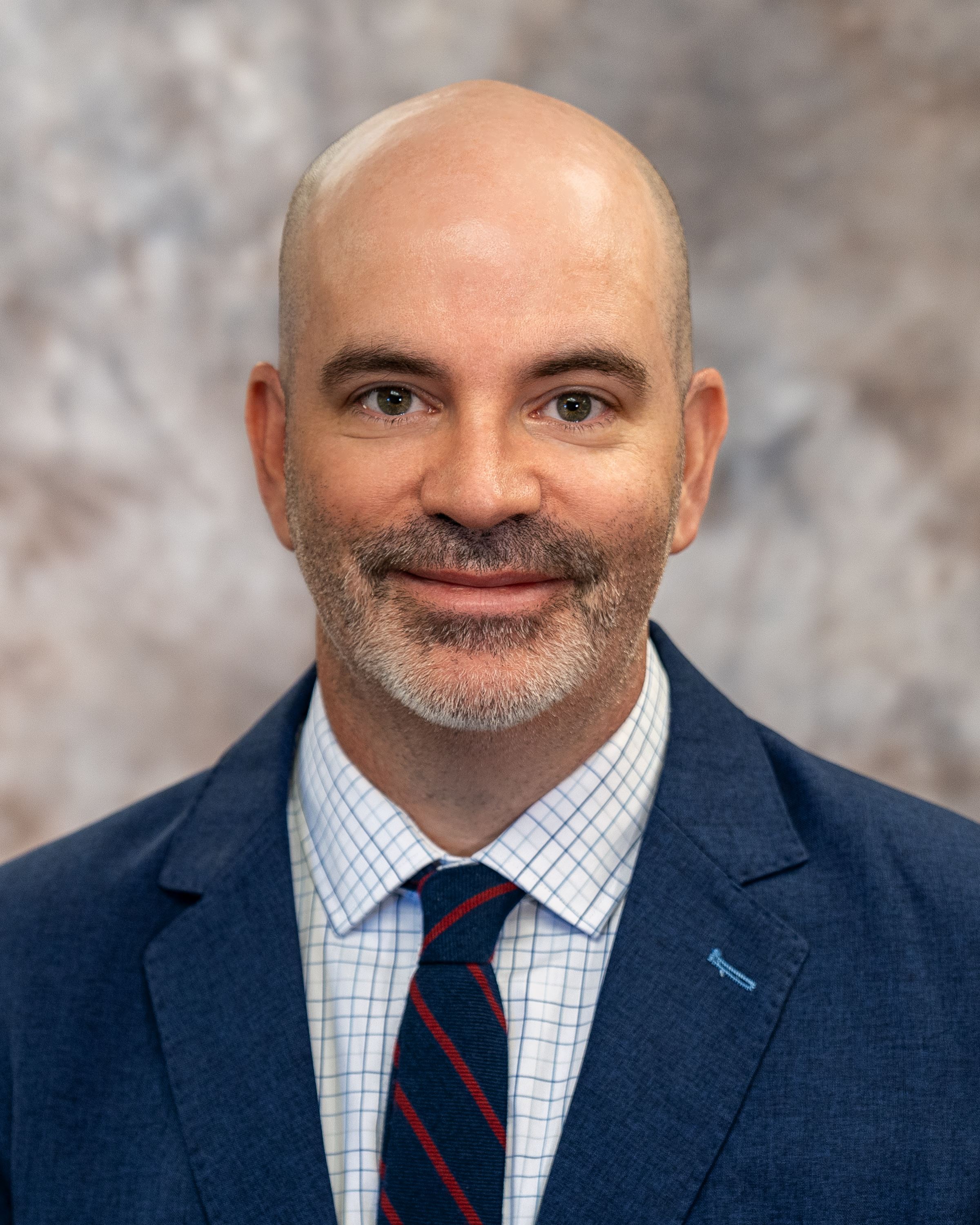 Grant R Williams MD
Grant R Williams MD- Hematology/Oncology
View Profile -
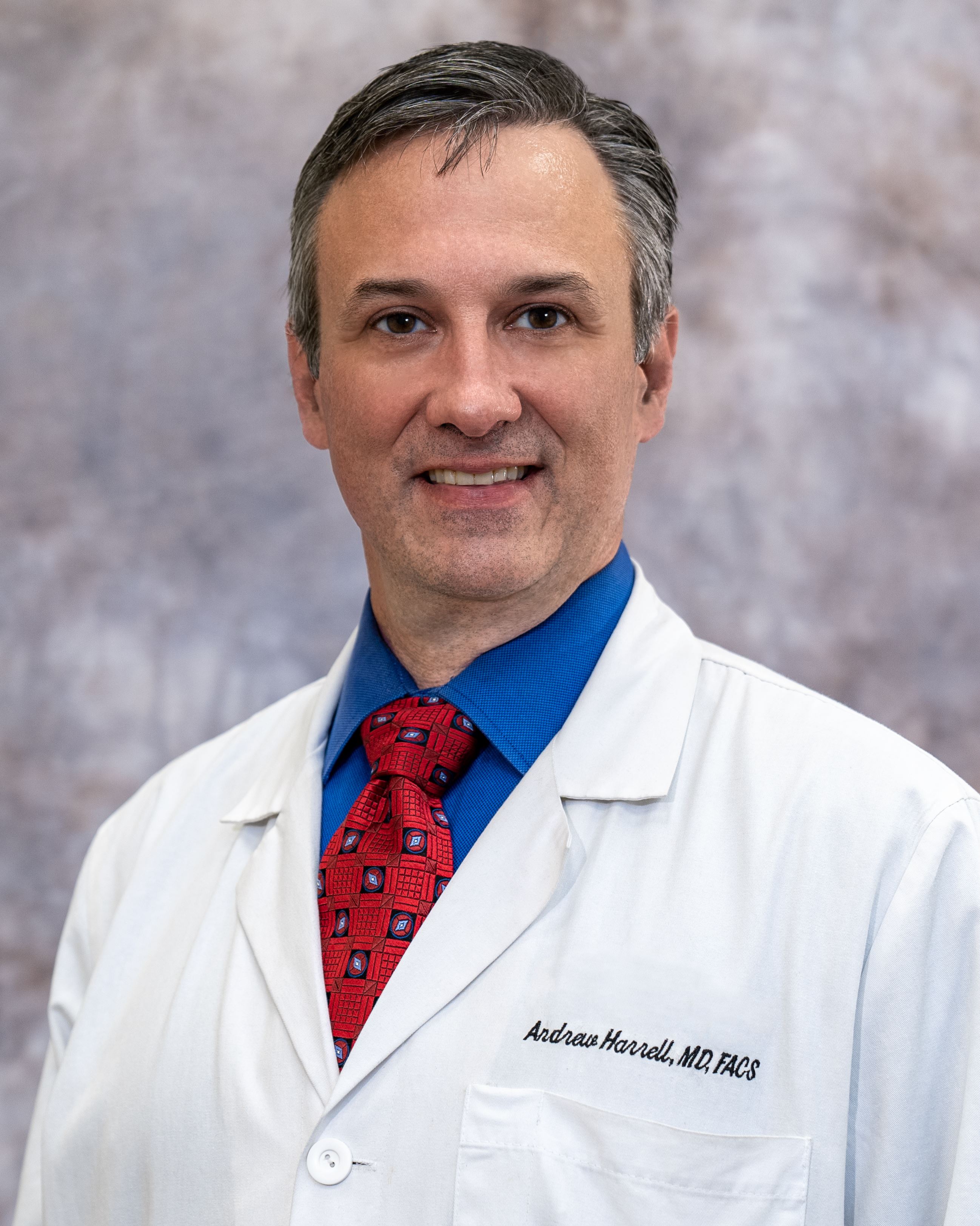 Andrew Harrell MD
Andrew Harrell MD- Surgery
205.345.2211View Profile -
 Pamela Hughes MD
Pamela Hughes MD- Hematology/Oncology
View Profile -
 Smith Giri
Smith Giri- Hematology/Oncology
205.759.7800View Profile -
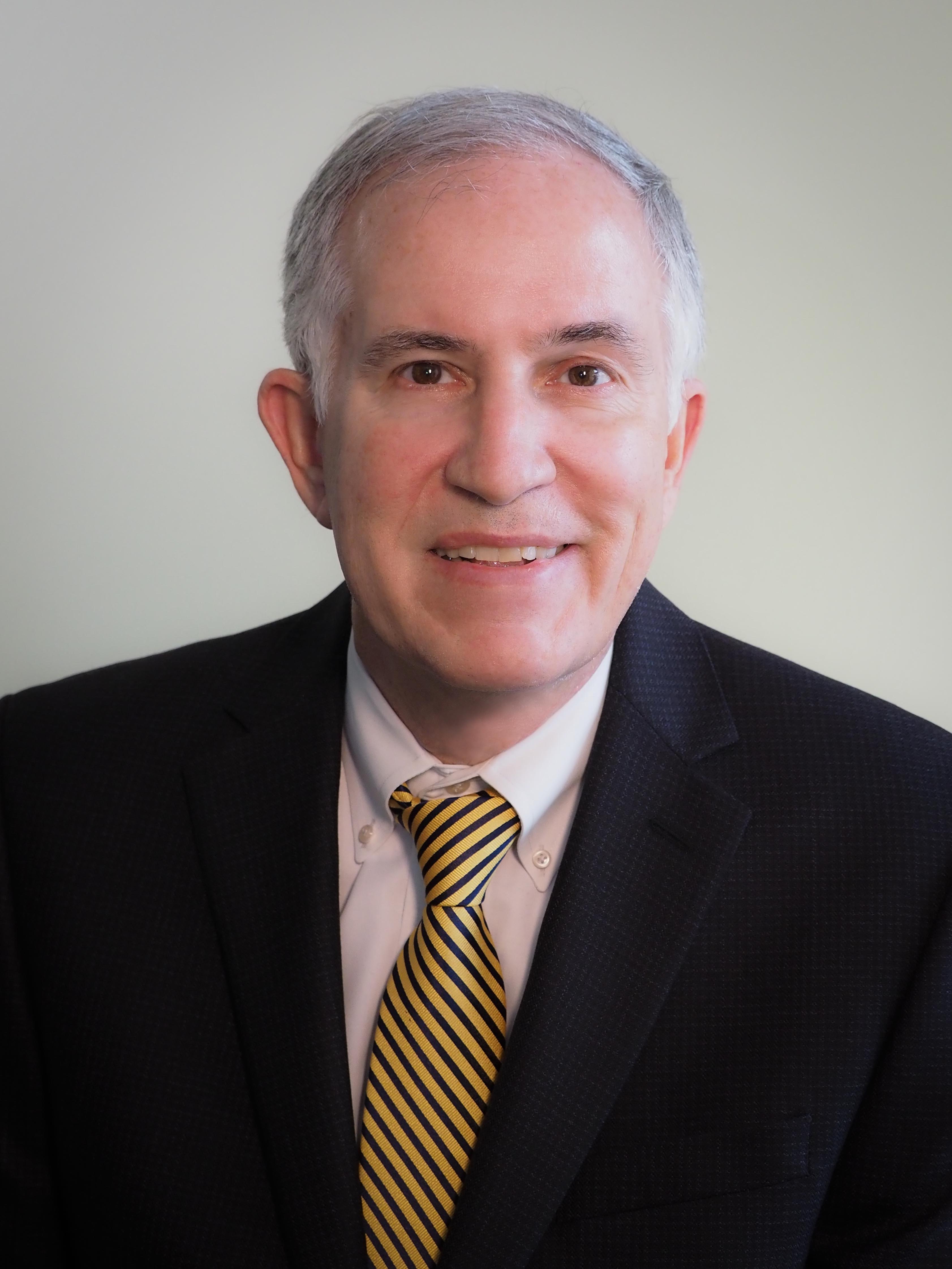 David L Hinton MD
David L Hinton MD- Hematology/Oncology
View Profile -
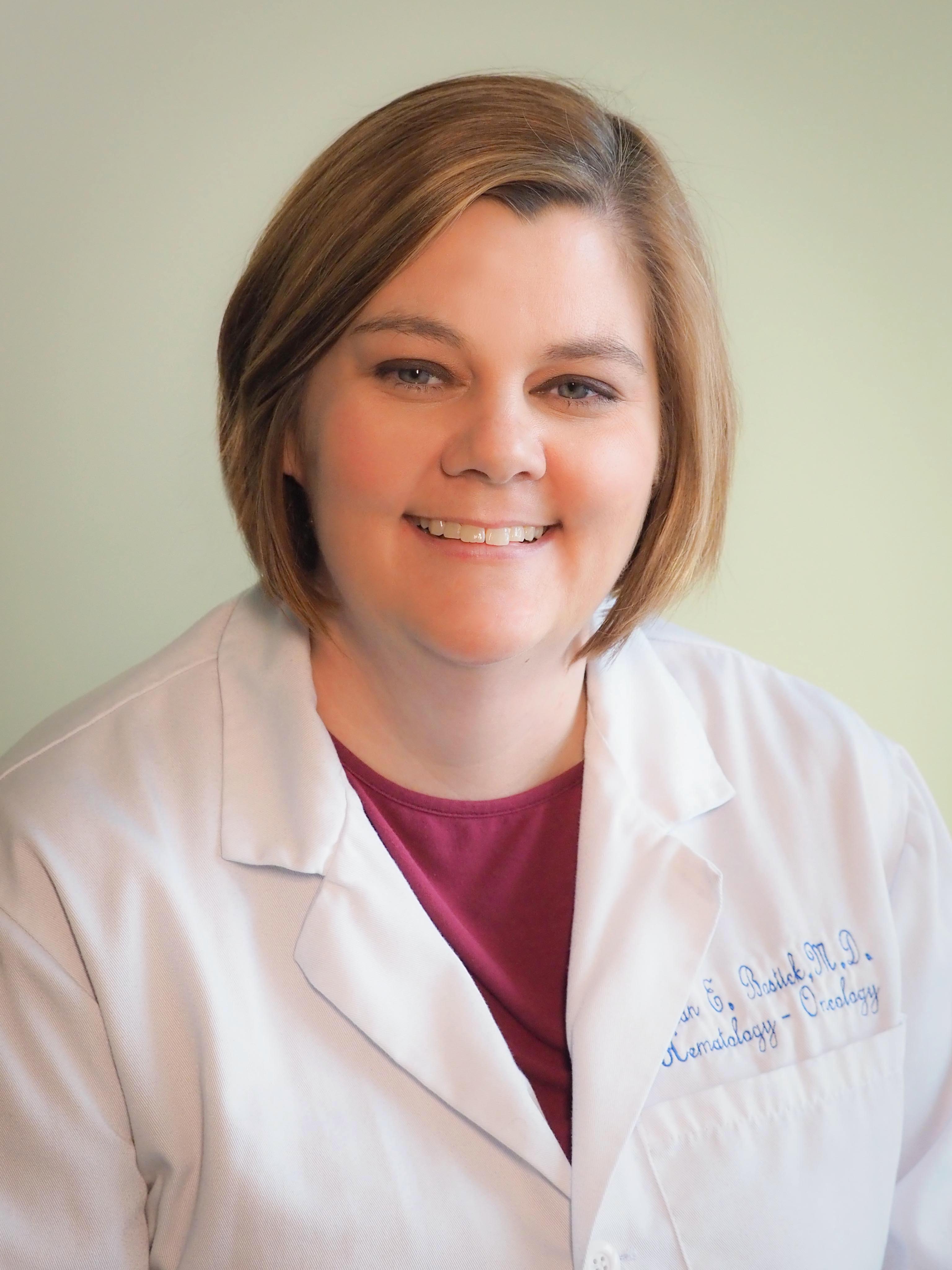 Susan Bostick MD
Susan Bostick MD- Hematology/Oncology
View Profile
Related Locations
-
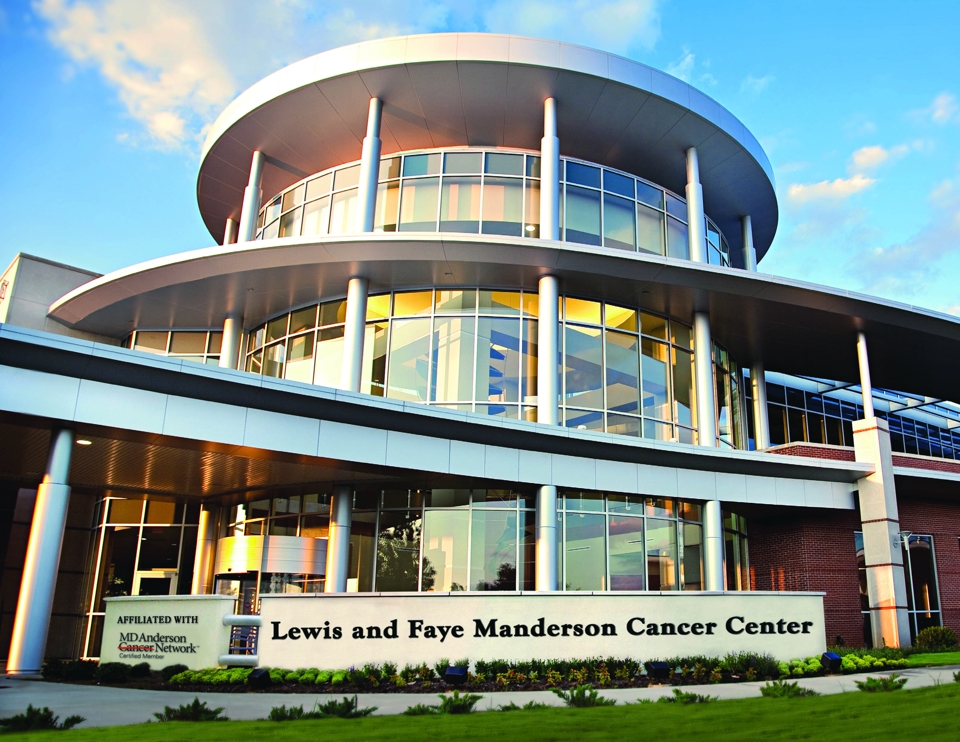 Lewis and Faye Manderson Cancer Center General 809 University Blvd. E.
Lewis and Faye Manderson Cancer Center General 809 University Blvd. E.
Tuscaloosa, AL 35401 Map & Directions

